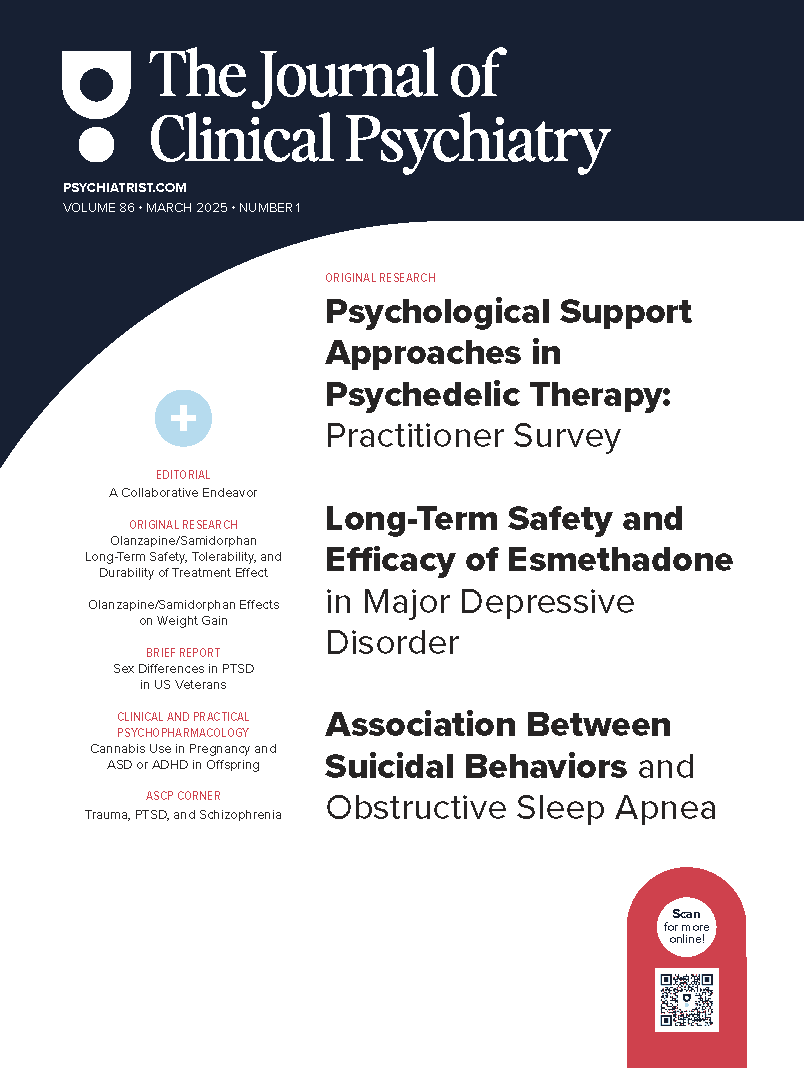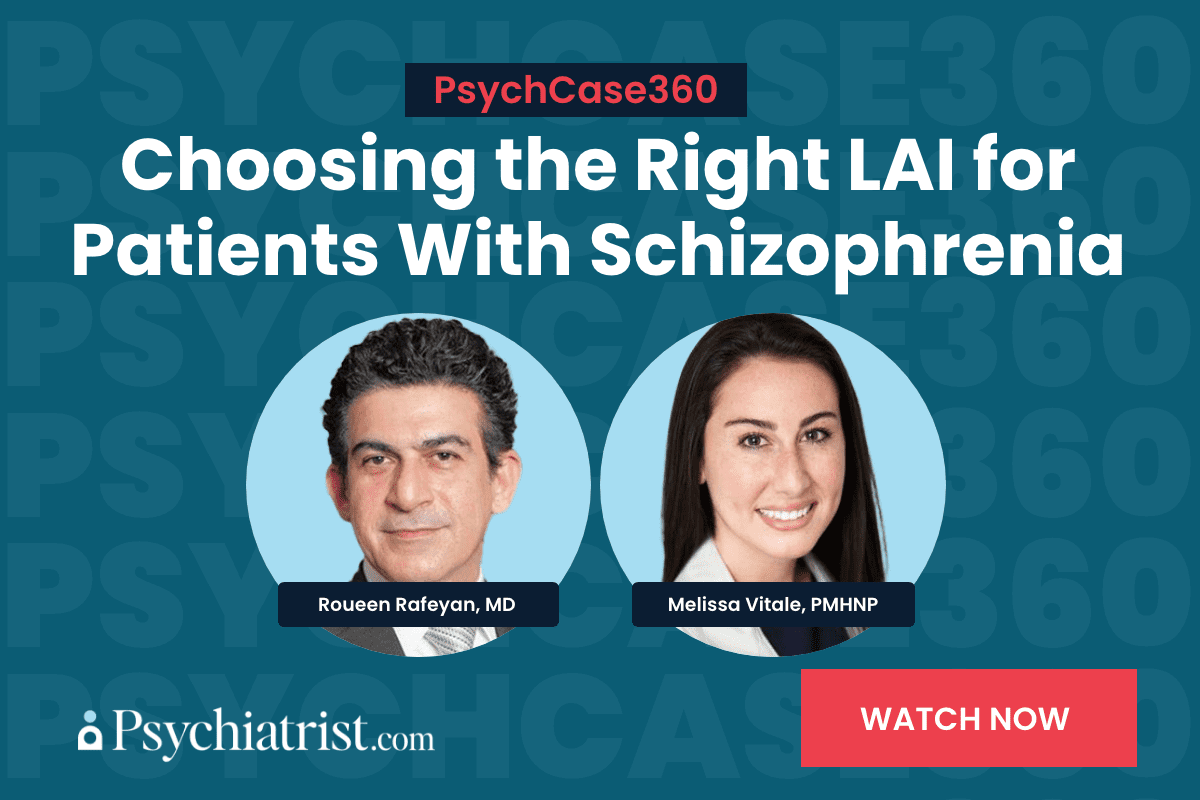Background: Statins are among the most commonly prescribed medications worldwide. Although their benefits for cardiovascular disease are well established, the effects of statins on depressive symptoms are unknown.
Method: We examined the association between baseline statin use (2000-2002) and subsequent depressive symptoms in a prospective cohort study of 965 outpatients with coronary disease from 12 outpatient clinics in the San Francisco Bay Area. Depressive symptoms were assessed annually for 6 years using the Patient Health Questionnaire (PHQ) (primary outcome measure). We evaluated the cross-sectional association between statin use and risk of depressive symptoms at baseline and the longitudinal association between baseline statin use and risk of depressive symptoms during follow-up.
Results: Of the 965 participants, 629 (65%) used statins. At baseline, statin users had lower mean ± SE PHQ depression scores than nonusers (4.8 ± 0.2 vs 5.9 ± 0.3, P < .01). Statin users were less likely than nonusers to have depression (PHQ score ≥ 10) at baseline (17% vs 24%; P = .02) and during follow-up (28% vs 40%; P < .01). Among the 776 patients without depressive symptoms at baseline (PHQ < 10), statin use was associated with a 48% decreased odds of developing depression during follow-up (odds ratio [OR], 0.52; 95% CI, 0.38-0.73; P < .01). After we adjusted for potentially confounding variables, statin use remained associated with a 38% decreased odds of subsequent depression (adjusted OR, 0.62; 95% CI, 0.41-0.95; P = .02).
Conclusions: We found that statin use was associated with a decreased risk of subsequent depressive symptoms in patients with coronary heart disease. Whether use of statins prevents depressive symptoms deserves further study.
J Clin Psychiatry 2012; 73(5): 610-615
© Copyright 2012 Physicians Postgraduate Press, Inc.
Continue Reading...
Members enjoy unlimited free PDF downloads as part of their subscription! Subscribe today for instant access to this article and our entire library in your preferred format. Alternatively, you can purchase the PDF of this article individually.
Please sign in or purchase this PDF for $40.00.
Already a member? Login




